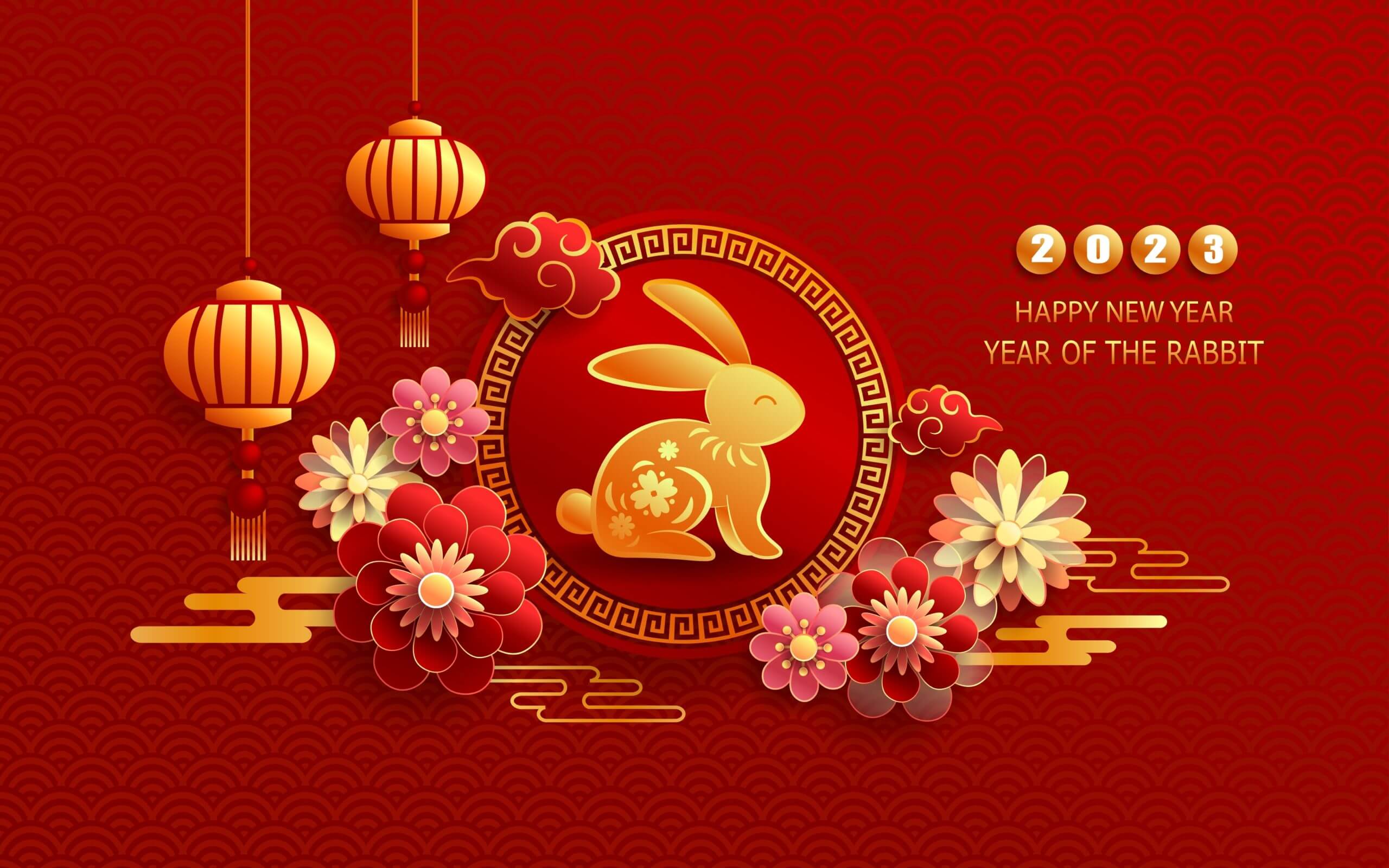Reflecting on the Year Behind
The past year of 2022 has been a challenging year following major global economic setbacks and mounting difficulties for businesses operating in the Chinese market. With the initial onset of the COVID-19 pandemic, followed by the country’s restrictive zero-Covid measures, foreign invested enterprises in China have suffered major negative impacts that put to question the resilience of their business strategy.
Slowing economic growth was marked by a hard hit on supply chains constraints, imports and exports and currency volatility, among others, which all took a major toll on FDI confidence and local business performance.
Looking back, the year of the Tiger can be reflected on as a year which presented major difficulties. However, many have also leveraged such challenges as an opportunity for growth. With the Year of the Rabbit officially beginning on 22 January 2023, many are looking forward to a fresh start with recovery and growth as the leading theme.
Below we will share some of the background stories surrounding the most celebrated holiday in China, while also highlighting expectations as we enter the Year of the Rabbit in 2023.
Read more about what to expect in 2023 here.
Chinese New Year – Origins of the Holiday
Originating from Chinese mythology, the Jade Emperor called on all lands animals to race, with a select 12 to become his guards. The ranks of each zodiac animal was then determined in order of which they arrived at the Heavenly Gate.
The rabbit finished Jade Emperor’s race in 4th place and is recognized as the 4th animal in the cycle of the Lunar New Year. Symbolically, rabbits are known to be highly sensitive, gentle compassionate and well-humored people. As the fourth zodiac animal, those born in the years 1963, 1975,1987, 1999 and 2011 are rabbits.
The Chinese New Year period, which lasts traditionally 16 days will be a time of gathering, and celebrations with loved ones. Workers are able to take a break from work to return to their hometowns or travel.
As most businesses will not operate during the new year holidays, companies need to plan accordingly in preparation for business after the Lunar New Year. Moreover, the large migration of China’ significant population during the peak of the country’s virus spread could pose a risk to China’s supply and labor force, when workers have to return to work.
What to Look Out For in 2023
COVID 19 – Relaxation of Restrictions
As a period of rebound and recovery, China’s loosening of its zero-Covid restrictions is expected to slow economic development in the initial stages of the year. Businesses will need to remain highly adaptive and flexible during this period of reopening, with potential for new policy changes and unprecedented dips in consumer expenditures.
Many local governments, especially in smaller cities, are unprepared for the sudden rise in case numbers and face financial stress in managing the health of their regional populations.
Furthermore, rapid transmission of COVID throughout the country has brought about short-term concerns and uncertainties regarding production and consumption, however an expectation for a strong rebound from analysts paint a much more positive picture.
The after-effects of such rapid change in policies will undoubtedly influence logistics and supply-chain operations negatively. Even so the 2nd quarter of the year is predicted with high maintained levels production, to return to levels observed before the outbreak. While a short-term downtown in economic growth levels is expected, China’s outlook following the relaxation of such strict measures is highly optimistic.
Changing Business Policies
Certain sectors and industries will be heavily favored by domestic policies from the government, as the country aims to bolster development in support of high-tech local manufacturing and production. The updated 2022 Catalogue of Encouraged Industries for Foreign Investment will come into effect on the first day of 2023, with an increase from 1235 items to 1474 items.
The increase in items in the updated catalogue corresponds with China’s plan to advance its high-tech product-based industries. Moreover, China aims to enhance sectors spread all across the nation, specifically focused on sustainable development, healthcare, and support for the elderly to name a few.
Effective on the first of January in 2023, tariffs on imports and exports will also be adjusted for selected goods. In the new tariff plan, new temporary tariff rates will be applied to 1020 commodities in the country, which are lower than those rates of the most favored nation.
Tariffs on 62 items associated with the IT sector will be reduced in alignment with the rates of the most favored nations, thereby reducing China’s tariff levels significant. The new rates on import and export tariffs should be considered by companies who are involved in imports and exports in China.
Policymakers in China have also provided relief for real estate developers and contractors who have experienced contractor pressure following local lockdowns. A reduction in mortgage rates and supporting funds for developers have been initiated, with other policies introduced to allow for a rebound in China’s real estate market.
Outlook for 2023 and the Year of the Rabbit
While 2022 has been a difficult year for Chinese-based businesses to navigate with so many headwinds, the year ahead looks to be a year of recovery and growth. Following the country’s gradual economic reopening, growth rates have been projected to be 5% in 2023, with many opportunities for existing and new foreign owned enterprises to take advantage of. With a prioritization for new developments in numerous key sectors that emphasis production and new technologies, and encouragement for investment as a result of new business-friendly policies, the outlook in the year of the rabbit is highly favorable for investors in the country.
From all of us at MSA, we hope that the upcoming year of the Rabbit is filled with successes and that any unavoidable challenges can be utilized as a strategic opportunity for your business to grow. Happy Chinese New Year and we look forward to continuing our support for you.
新年快乐!



